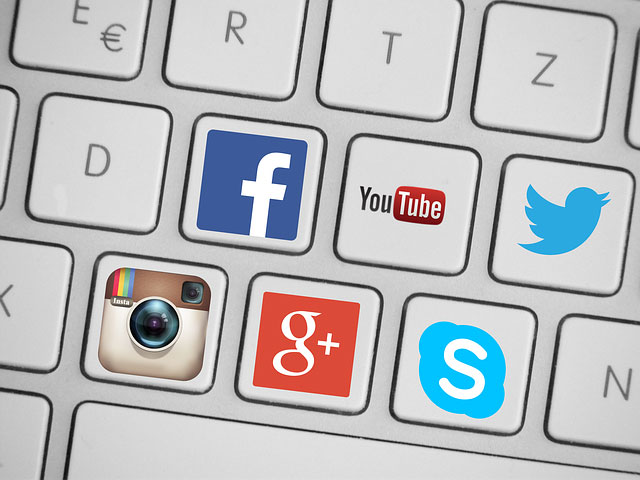
It’s almost scary to think that just when you assume some trusted instant messaging platforms are safe and private, you realize this is not the case.
A recent document from Amnesty International Charity was released featuring a report on multiple instant messaging softwares after examining their privacy and security settings.
Amnesty International [AI] prides itself as a global movement and non-governmental institution aiming at protecting human rights. They have around 7 million members all around the world. Their mission includes fighting for equal rights which also includes securing your privacy.
To those who are avid Skype users, you are in for a big surprise. The Microsoft video calling and chatting service landed on the 8th spot and BlackBerry Ltd (NASDAQ:BBRY), supposedly a top communications platform security-wise, took the 10th position.
In comparison to other popular messaging platforms like Facebook Messenger, WhatsApp, Line, Telegram, and Apple Message, Skype failed to deliver end-to-end encryption. Some famous chat apps already have this feature as default and some are beginning to introduce it.
But what does it really mean to have “end-to-end encryption”? Essentially, this feature makes sure that you and the other person you are messaging are the only ones who can read the chats being sent. This guarantees that your messages are private and no third party – whether another person or the chat company itself – are able to see your conversations.
In the said testing, it looks like iPhone maker Apple (NASDAQ:AAPL) and social networking giant Facebook (NASDAQ:FB) are leading the way when it comes to security. Additionally, Facebook Messenger and WhatsApp had the highest scores when it comes to their respective platforms privacy aspects. Apple didn’t fall behind and scored 67/100 thanks to their end-to-end encryption on iMessage and Facetime. What’s surprising though is that only 3 of 11 tech firms examined by AI resulted in providing end-to-end encryption by default on all their messaging apps.
Amnesty International’s Head of Technology and Human Rights Team Sherif Elsayed-Ali said that tech companies are responsible in providing features that protect their user’s information and communication.
Nowadays, politicians, journalists, and other high profile personalities use such applications on an everyday basis. So this kind of feature serves a very important role in protecting vital and classified information in the event of a mass data breach.
“The future of privacy and free speech online depends to a very large extent on whether tech companies provide services that protect our communications, or serve them up on a plate for prying eyes,” Sherif Elsayed-Ali said.
AI’s report comes after news that Redmond, Wa.-based Microsoft (NASDAQ:MSFT) is planning to share its user details with the Russian government. The software giant stated that they are willing to provide Russian Skype user information to law enforcement officials if required.
To those who are avid Skype users, how does this news really make you feel?
- Bulenox: Get 45% to 91% OFF ... Use Discount Code: UNO
- Risk Our Money Not Yours | Get 50% to 90% OFF ... Use Discount Code: MMBVBKSM
Disclaimer: This page contains affiliate links. If you choose to make a purchase after clicking a link, we may receive a commission at no additional cost to you. Thank you for your support!


Leave a Reply